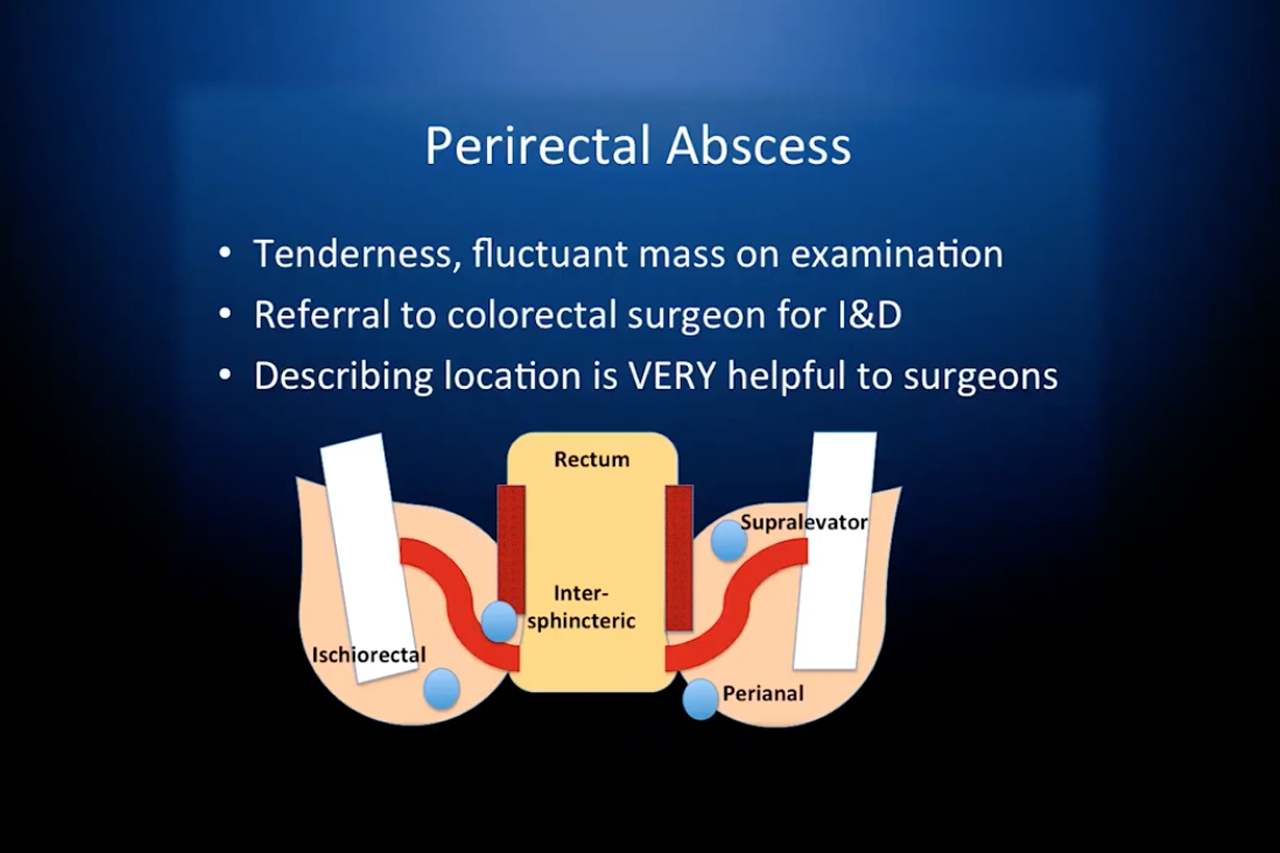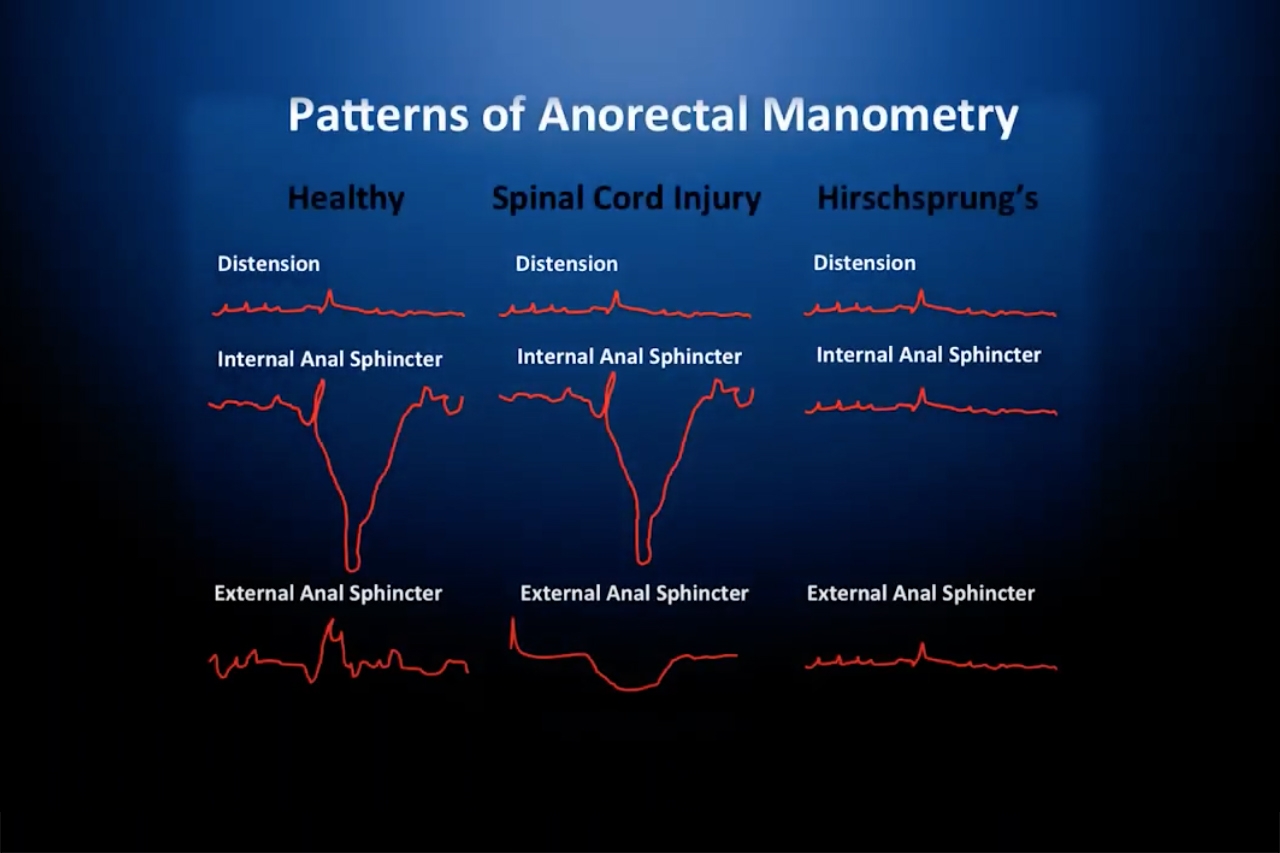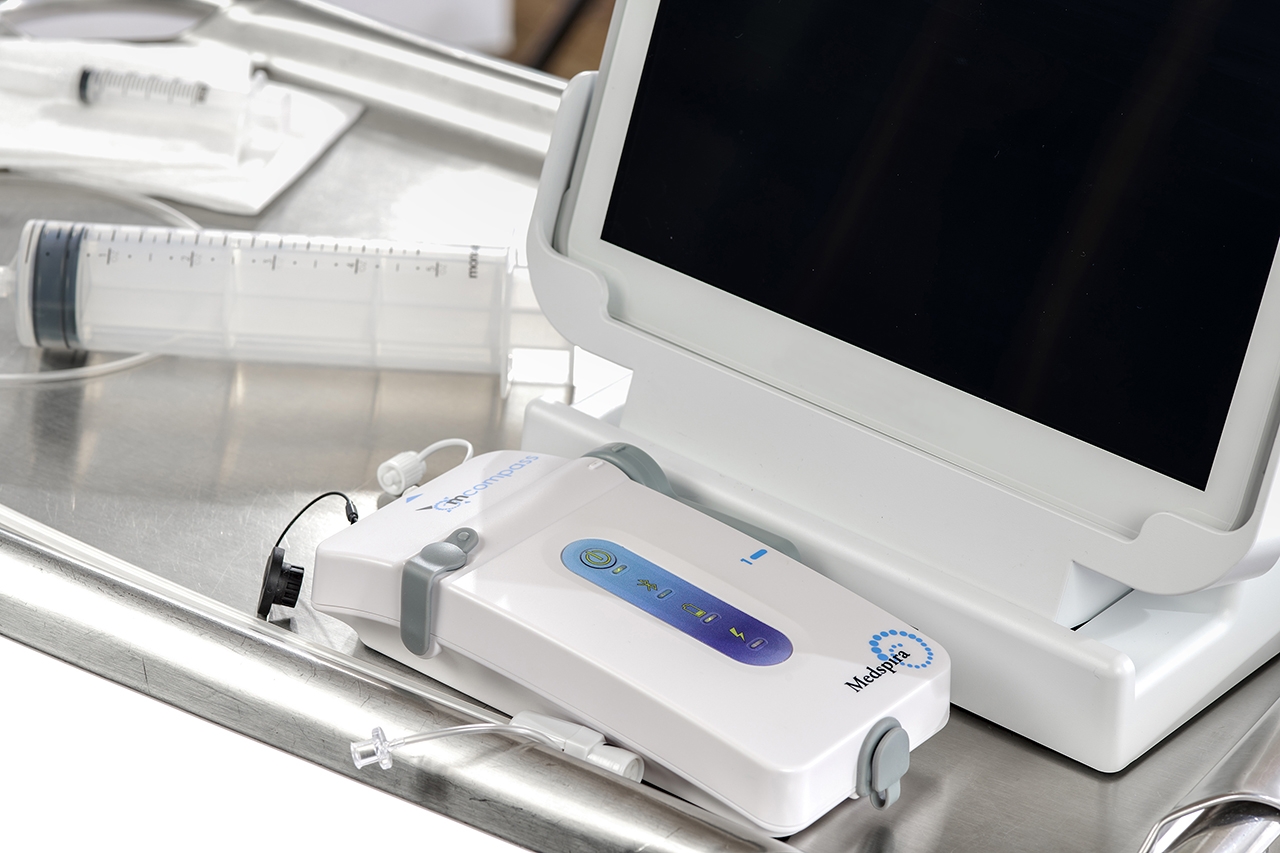News & Events

Help Your Patients Understand Anorectal Manometry With This One-Minute Video
Patients are often uncertain and therefore, nervous about what to expect during their first anorectal manometry exam. Your team can help eliminate those fears by setting expectations ahead of time.
Read More
Expand your Practice with Anorectal Manometry – Part II
Seeking a new way to expand your practice and generate new revenue? We explore developing alliances with organizations in your community to expand your pool of patients for the exam and possibly for therapy.
Read More
Expand Your Practice with Anorectal Manometry – Part I
Looking for a new way to grow your practice? The answer may already be there, sitting behind your waiting room door. Don’t turn a blind eye to patients who fail to speak up about fecal incontinence, chronic constipation, and related problems.
Read More
Treatment Options for Anorectal Disorders
Learn from an industry leader with decades of experience as he discusses treatment options for your patients with anorectal disorders.
Read More
Patterns and Norms in Anorectal Pressures
Learn from an industry leader as he discusses the differences in normal and abnormal anorectal patterns and pressures.
Read More
Case Study: ColoWell America
In business since 2018, ColoWell America provides the greater Tampa community with a variety of anorectal and gastrointestinal services. Their owner, Dr. Farooq, has been an avid adopter of technology and constantly strives to find new ways to bring relief to his patients.
Read More
Anatomy, Physiology, and Evaluation of the Anorectal Disorders
Learn from an industry-leading doctor how to do a step-by-step evaluation of the anorectum and evaluate defecatory disorders.
Read More
Bringing Home the Benefits of Data-Driven Care
For an experienced clinician, fingertips can speak volumes during a rectal exam. But for the highest quality of care, data—along with digits—is crucial. After all, physicians are scientists and know that hard data is invaluable, leading to the better practice of medicine and better treatment results.
Read More
Medspira awarded Medical Device agreement with Premier, Inc.
MPLS, MINN – 2.1.2022 – Medspira has been awarded a group purchasing agreement with Premier, Inc, effective February 1st, 2022. The new agreement allows Premier members, at their discretion, to take advantage of special pricing and terms pre-negotiated by Premier for the Medspira mcompass® device.
Read More
mcompass® Enhances Patient Care at Thriving Manhattan Colorectal Surgical Practice
“Introducing mcompass® really impacted how we deliver care,” says Steven Lavender, a physiotherapist with extensive post-graduate training, who uses the device frequently at the Manhattan colorectal surgery and proctology practice where he heads up the anorectal manometry testing program.
Read MoreSchedule Your Free Consultation
Get in touch with us to learn how our products can make an impact on your practice.
